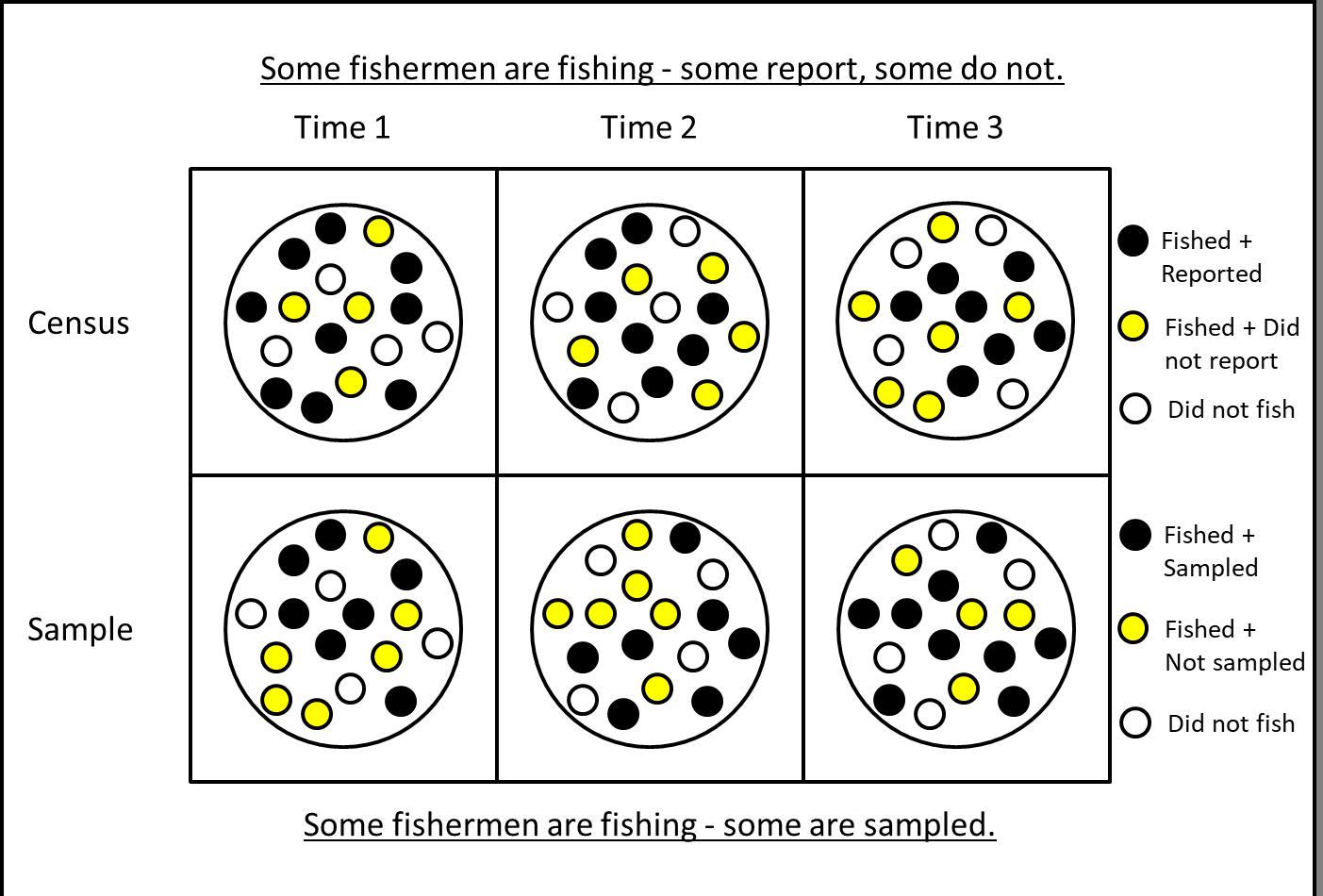Congressional Corner The push to reauthorize the Magnuson-Stevens Fishery Conservation and Management Act (MSA) is in full swing now with H.R. 4690, the “Sustaining America’s Fisheries for the Future Act of 2021,” introduced by Representatives Jared Huffman (D-CA) and Ed Case (D-HI), as the main vehicle. In 2020, the congressmen held listening sessions with federal and state fishery managers, fishermen, seafood industry, conservations and other stakeholders, and gathered feedback regarding concerns with the MSA and fisheries that needed to be addressed. According to Huffman, this bill looks to build upon the success of the MSA by strengthening fishing communities and fisheries to be resilient against climate change. It includes provisions to improve and update the MSA by increasing transparency in the fishery management process, utilizing electronic technology for monitoring and providing for greater science and collaboration. A public hearing on the bill is expected sometime this fall. H.R. 59, the “Strengthening Fishing Communities and Increasing Flexibility in Fisheries Management Act,” introduced by Representative Don Young (R-AK), would also amend the MSA and was written with the fishing industry. The provisions in this bill would ensure the sustainable yield of resources, with the Regional Fishery Management Councils continuing to be at the
forefront of management. It is likely that parts of this bill will get added to H.R. 4690 as discussions in the House Natural Resources Committee progress this year. The third bill with potential changes to the MSA is H.R. 3764, the “Ocean-Based Climate Solutions Act,” introduced by the chairman of the House Natural Resources Committee, Representative Raul Grijalva (D-AZ), is a comprehensive bill that seeks to address ocean issues. MSA changes addressed include essential fish habitat consultations, marine protected areas in areas beyond national jurisdiction and climate change impacts on fisheries. The provisions in this bill may be considered in the other MSA legislation as well. Other legislation that could affect domestic fisheries that is moving through Congress includes a bill to address illegal fishing and forced labor, bills to reauthorize the Coral Reef Conservation Act, bills to ban the harvest of sharks and bills to ban driftnet fishing. Congress is also expected to take up aquaculture management and forage fish, but bills have yet to be introduced in this 117th session. For up-to-date information on the proposed MSA changes and other congressional legislation, visit www.congress.gov.
How Tunas and Billfish are Managed in the Pacific Western and Central Pacific Fisheries Commission (WCPFC)* meetings start in July International Science Committee for Tuna and TunaLike Species in the North Pacific (ISC) - July Stock assessments for species such as Bluefin tuna, some billfish and sharks, and North Pacific albacore tuna. Intersessional Working Groups and Workshops - Held throughout the year TOPICS INCLUDE: ▷ Electronic monitoring ▷ South Pacific albacore tuna ▷ Regional Observer Program ▷ Tropical Tuna Management Workshop (Apr. and Sept.) ▷ Compliance monitoring (Nov.) ▷ Labor standards (Nov.) Meetings on specific topics are created as issues arise. They may inform the SC and TCC, or be a result of issues from the SC or TCC. Members may agree on issues before the WCPFC Regular Session.
Topics discussed in sub-groups inform decision-making at the main December meeting. For more info, www.wcpfc.int, www.wpcouncil.org
WCPFC Science Committee (SC) - Aug. THEMES/SCIENCE INCLUDE: ▷ Stock assessments ▷ Trends in catches and fishery performance ▷ Data availability ▷ Ecosystem and bycatch ▷ Management issues Meetings are critical to get WCPFC members to endorse scientific information used to drive management of all stocks. Stock status and management advice for species is provided. Northern Committee (NC) - Oct. Reviews ISC information (endorsed by the SC) to develop management advice.
WCPFC Regular Session - December WCPFC Member countries aim to reach consensus on conservation and management measures. These may include catch limits for tunas and billfish, spatial fishing effort limits, prohibitions of retaining certain species and gear restrictions.
WCPFC Technical and Compliance (TCC) - Sept. TOPICS INCLUDE: ▷ Illegal, Unreported and Unregulated fishing ▷ Compliance ▷ Reporting and monitoring Evaluates compliance of members with WCPFC requirements. Makes recommendations to improve reporting and monitoring. US Permanent Advisory Committee (PAC) - Oct. The PAC, which includes the Western Pacific Fishery Management Council Executive Director, informs the U.S. on its strategic positions. Managers, fishing industry, and environmental groups develop a unified front for the U.S. positions at the WCPFC Regular Session.
*WCPFC Members - Australia, China, Canada, Cook Islands, European Union, Federated States of Micronesia, Fiji, France, Indonesia, Japan, Kiribati, Republic of Korea, Republic of Marshall Islands, Nauru, New Zealand, Niue, Palau, Papua New Guinea, Philippines, Samoa, Solomon Islands, Chinese Taipei, Tonga, Tuvalu, United States of America, and Vanuatu (Participating Territories: American Samoa, Commonwealth of the Northern Mariana Islands, French Polynesia, Guam, New Caledonia, Tokelau, Wallis and Futuna) 8
Pacific Islands Fishery News | FALL 2021












